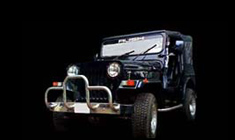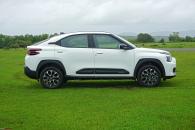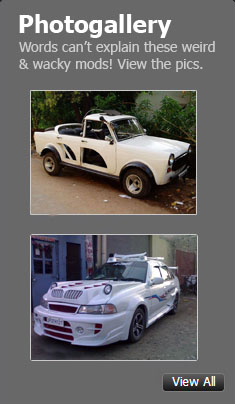News
Petrolheads & their next car purchase: Which country will it be from?
Choose between the strong build of Indian & western cars or the reliability of far Eastern cars.
BHPian anjan_c2007 recently shared this with other enthusiasts.
The thread title is a generalised view or overview as regards the safety and reliability of our cars, with likely exceptions and is Indian market specific. Some brands from the West have left our shores after seeing dented, annual balance sheets for many successive years. On the contrary, our Indian brands are doing well and so also the ones from Japan and South Korea. Rather the latter are dominating our market with their product range and their total understanding and grip of our market specifics, plus all the allied nitty gritty. No brand from the Far East has had to close shop so far. Daewoo, Ssangyong and Mitsubishi are exceptions and we are all aware of what went wrong.
The moot point is most of the Indian and Western brands have a solid build quality, scoring reasonably well with their NCAP ratings. But most of these brands sell models that are required to be carefully maintained with proper upkeep. On the contrary, the Far Eastern brand models are extremely reliable on the whole and require less day-to-day care. With the bare minimum maintenance required adhering to the points to care for, as listed in their owner manual, these cars are quite reliable. They have earned the "RELIABLE" tag from users, but most of these lack on the safety front.
What nationality, brandwise will be your choice for your next car? Whether Indian, Western or Far Eastern? We have the Chinese here too, with their MG brand, which is also doing well in our market and can be also discussed. We can also describe our past car ownerships and experiences with these.
My choice will be for an Indian brand like Mahindra. I have been using their MUV's and SUV's since decades. I have become quite used to owning a Mahindra with all the plus points and niggles. I would prefer to always buy a better-selling SUV from Mahindra.
Here's what GTO had to say on the matter:
Once you live with a European car (especially German), it's very tough to move to lighter cars from Japan. You can see a lot of ex-Fiat owners who bought the Jeep Compass, BMWs etc. Many VW-Skoda owners stay within the same family or upgrade to the luxury German brands. But very rarely, will you see someone move from a German car to Japanese. Korean maybe, especially their 20-lakh and up models which are fantastic. My sister's family has owned a host of luxury cars & they just added an Ioniq 5 to the garage.
My next car will most likely be European / German. Am addicted to the solid build, dynamics and stability.
Here's what BHPian dhanushs had to say on the matter:
Let's take the example of the HiLux & Ranger. The rear prop shaft of the HiLux is a straight shaft with 2 U-joints at both ends. That's it. However, the Ranger has a damper to reduce vibrations and has a CV joint.
Now, user experience-wise, the one with the damper and the CVs are far far superior to the old-school Universal Joint. However, the U-Joint and straight metal pipe is more reliable.
Now, a back-to-back comparison between brands will mean Ranger is less reliable. But, why? Since it offers more tech. End of the day, users should take an informed call on what they want. The sad part is reliability is sometimes mistaken for capability and 'everything is better' in this car. (Eg: The horseback ride of the Fortuner, still people bought it)
Here's what BHPian xjosephjacob had to say on the matter:
Based on my ownership experience, here's my take
Indian cars are like well-spiced biriyani, exciting initially, but might leave us feeling uneasy afterwards. European cars are like supermodels, beautiful and brilliant but may break down if we don't treat them right. Japanese cars are like our favourite jeans, always there for us even when we are little rough on them. Koreans cars are like designer jeans we buy on sale, excellent value, but they aren't Levi's.
I always lean towards buying a Japanese car. I think they are very reliable, and being reliable is a top priority for me. I would also consider a European car (as they are very 'desirable' to me) however my past experiences (before 2014) with Korean and Indian cars haven't been very good.
Here's what BHPian androdev had to say on the matter:
Indian companies: Very good market understanding. Adequate engineering and no R&D. Highly cost-driven purchase/procurement department. Very poor and ill-equipped to do proper vendor evaluation other than cost aspects. No clear identity other than low cost - just package a bunch of things to make a sale. Very similar to Chinese approach - 80-20 rule - you get 80% of the good stuff at 20% cost. Most people find the 80% more than adequate for their usage, but won't appeal to the discerning buyers.
Japanese companies: Good in all departments. Japanese are open to source parts from all regions but they are meticulous (often painful to suppliers) and hardworking in vendor evaluation. They have a clear identity - deliberate prioritisation of reliability and simplicity even thought they can match competition in terms of latest & greatest. As a result, their cars make a very poor first impression but those with long term ownership experience swear by them. Even though I am not their target customer, I have a lot of respect for Japanese companies and I do buy their cars for urban use - a huge fan of Camry Hybrid. I can't wait for their EVs.
European companies: Very good in engineering and R&D. Very poor in market understanding, especially outside EU. Adequate in purchase/procurement - as they prefer EU familiarity and trust-based relationships, don't believe others can do a good job and too lazy/arrogant to do hard work required for a new vendor evaluation. They too have a clear identity - deliberate prioritisation of latest&greatest over simplicity and reliability. Their cars make the best first impression - can be painful to own beyond honeymoon period. Those who love driving and passionate about innovation and cutting edge stuff swear by them and willing to pay what it takes to own them. To neutrals, they offer great safety and comfort. I am their all-season target customer and they own my bank account :-)
Korean companies: They are real challengers. They are flexible - no clear identity but capable of doing what the market needs in order to succeed. When you buy a EU car, you can take certain things for granted, same with Japanese cars. Buying a Korean car requires in-depth research to know what they prioritised and where they cut corners. I may venture into these brands if Japan doesn't come up with good EVs soon.
Check out BHPian comments for more insights and information.
- Tags:
- Indian
- Member Content
- Car purchase



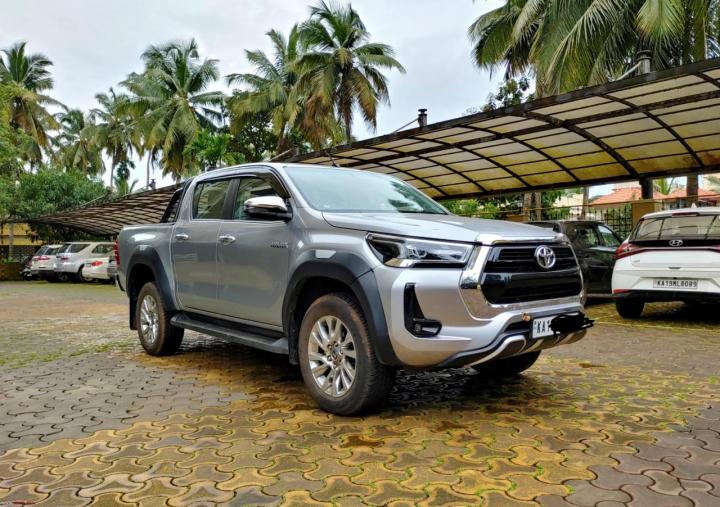
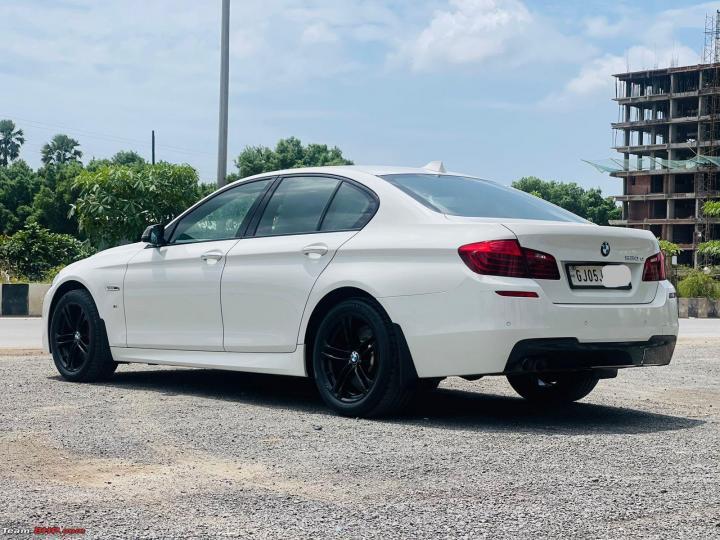




_4.jpg)











